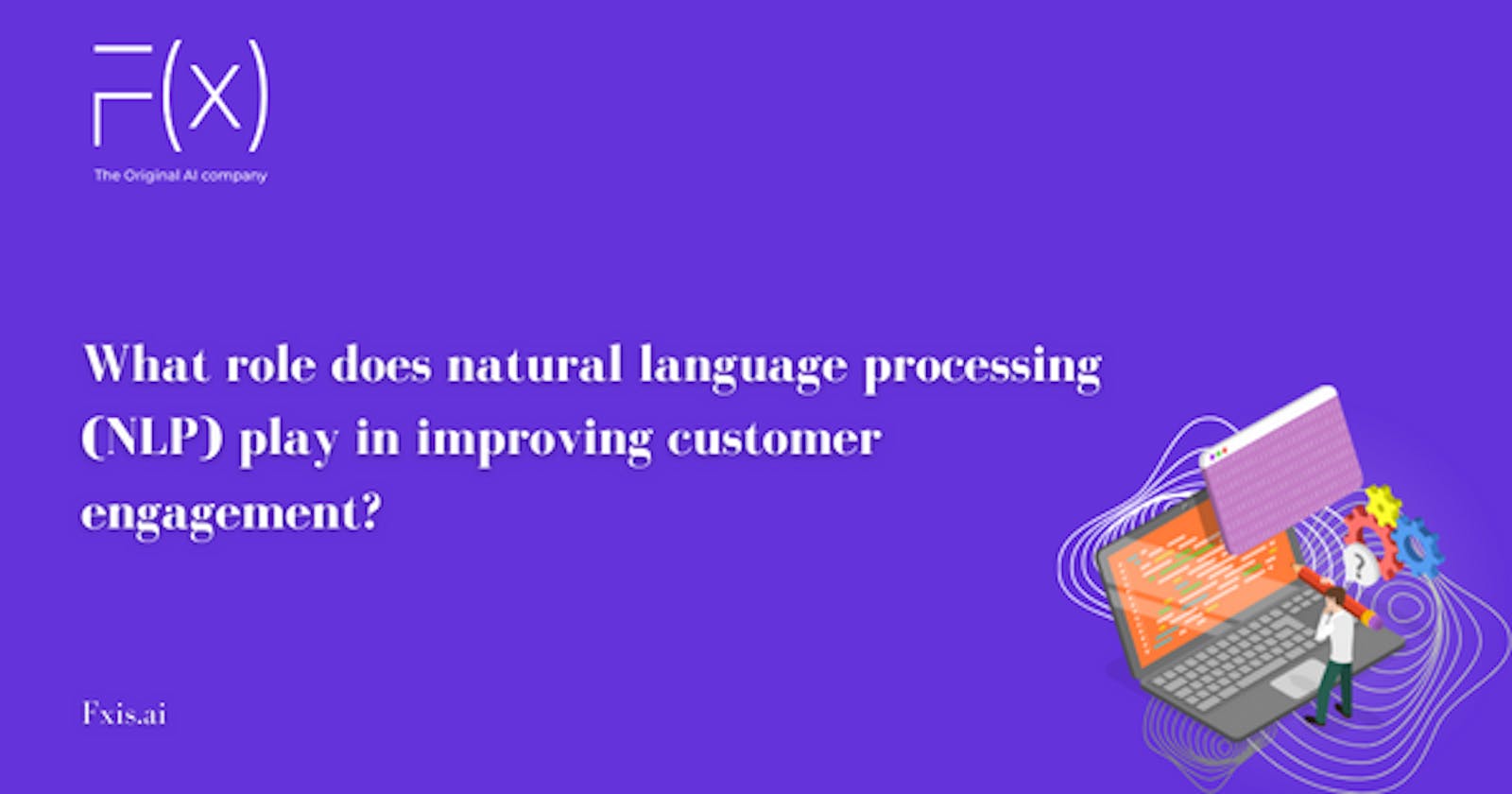What role does natural language processing (NLP) play in improving customer engagement?
Elevating Customer Engagement with NLP! 🚀🗣️
Introduction
In today's competitive business landscape, customer engagement has become a critical factor for success. Businesses are constantly seeking ways to interact with their customers more effectively and provide personalized experiences. Natural Language Processing (NLP) has emerged as a powerful technology that enables businesses to enhance customer engagement through the analysis and understanding of human language.
Understanding Natural Language Processing
NLP is a branch of artificial intelligence that focuses on the interaction between computers and humans through natural language. It involves the processing and analysis of human language data, enabling computers to understand, interpret, and generate human-like text. NLP has applications across various industries, including customer service, healthcare, finance, and marketing.
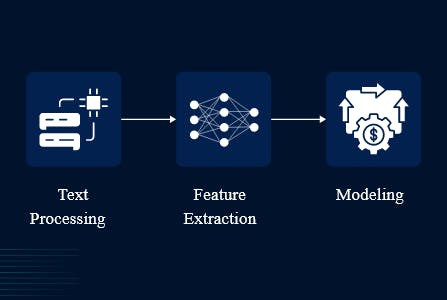
Enhancing Customer Interaction
One of the primary ways NLP improves customer engagement is by enhancing customer interaction. Chatbots powered by NLP technology can provide instant responses to customer queries, improving response times and overall customer satisfaction. These chatbots can also personalize interactions based on customer data, making the experience more relevant and engaging.
Sentiment Analysis
NLP enables businesses to analyze customer feedback and sentiment to gain insights into customer preferences and opinions. Sentiment analysis algorithms can automatically classify customer comments as positive, negative, or neutral, allowing businesses to identify areas for improvement and address customer concerns proactively.
Voice Assistants and Virtual Agents
Voice assistants and virtual agents powered by NLP technology provide another avenue for customer engagement. These voice interfaces enable customers to interact with businesses using natural language commands, making it easier and more convenient to access information and support. Voice assistants can provide personalized recommendations, answer questions, and perform tasks on behalf of the customer, enhancing the overall user experience.
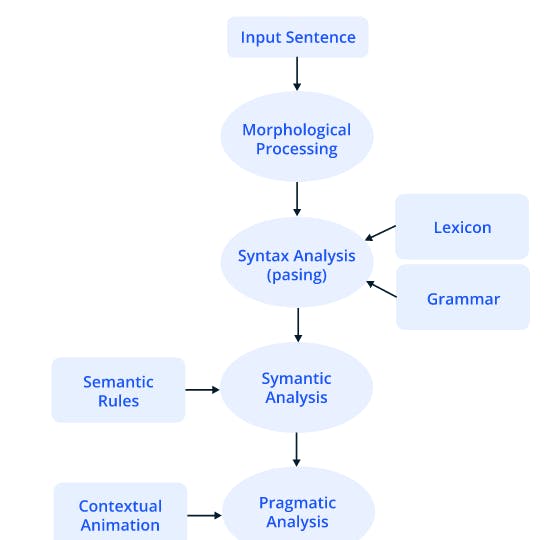
Language Translation
NLP technology also plays a crucial role in breaking language barriers for global customer engagement. Language translation algorithms can translate text and speech from one language to another in real-time, enabling businesses to communicate with customers in their preferred language. This facilitates multilingual support and helps businesses reach a broader audience.
Content Creation and Curation
NLP algorithms can generate personalized content for customers based on their preferences and interests. These algorithms analyze customer data to understand individual preferences and then generate content recommendations tailored to each customer's needs. Additionally, NLP can help businesses curate relevant information from vast amounts of data, making it easier for customers to find the information they need.
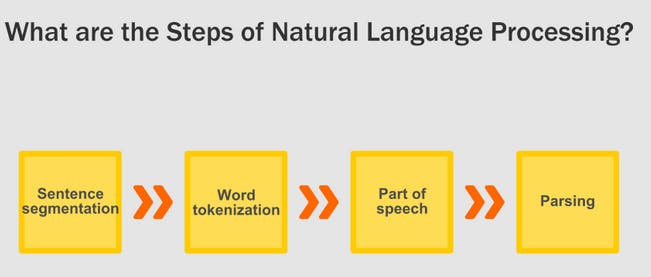
Data Extraction and Analysis
NLP technology enables businesses to extract valuable insights from unstructured data sources such as customer reviews, social media posts, and email conversations. By analyzing this data, businesses can gain a deeper understanding of customer preferences, behavior patterns, and emerging trends, allowing them to make data-driven decisions and improve customer engagement strategies.
Improving Search and Discovery
NLP-powered search algorithms enhance the customer's search experience by understanding the intent behind their queries and delivering more relevant results. These algorithms can analyze the context of the search query and provide personalized recommendations based on the customer's past behavior and preferences. This improves the overall search experience and helps customers find what they're looking for more efficiently.
Personalized Recommendations
NLP algorithms can analyze customer data to generate personalized product and service recommendations. By understanding customer preferences and purchase history, businesses can recommend products and services that are tailored to each customer's needs and interests. This not only increases sales but also enhances customer satisfaction by delivering relevant recommendations.
Automating Routine Tasks
NLP technology enables businesses to automate routine customer service tasks, freeing up human agents to focus on more complex issues. Chatbots and virtual agents powered by NLP can handle common customer inquiries, such as account inquiries, order status updates, and appointment scheduling, without human intervention. This improves efficiency and reduces wait times for customers.

Case Studies
Several companies have successfully leveraged NLP technology to improve customer engagement. For example, Amazon uses NLP-powered recommendation algorithms to personalize product recommendations for each customer, resulting in increased sales and customer satisfaction. Similarly, Netflix uses NLP to analyze viewer feedback and recommend personalized movie and TV show suggestions, leading to higher viewer engagement and retention.
Challenges and Considerations
Despite its many benefits, NLP technology also presents challenges and considerations for businesses. Privacy and security concerns related to the handling of sensitive customer data must be addressed to ensure compliance with regulations such as GDPR. Additionally, businesses must overcome language and cultural barriers when implementing NLP solutions in global markets.
Future Trends
Looking ahead, the future of NLP in customer engagement looks promising. Advances in AI and machine learning are expected to further enhance the capabilities of NLP technology, enabling businesses to deliver even more personalized and engaging customer experiences. Emerging technologies such as emotion recognition and context-aware computing will play a significant role in shaping the future of NLP in customer engagement.
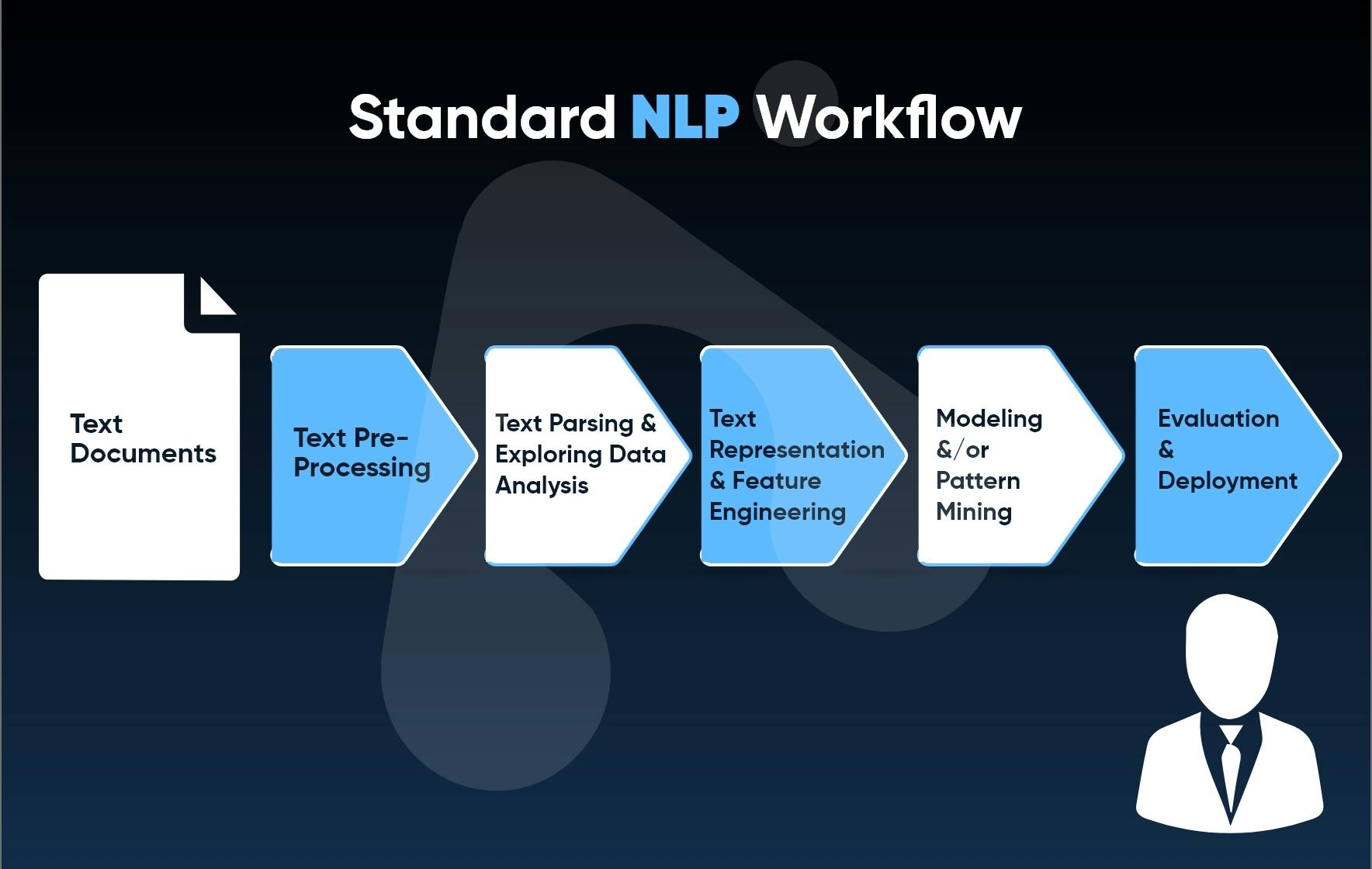
Conclusion
In conclusion, Natural Language Processing (NLP) plays a crucial role in improving customer engagement by enabling businesses to interact with customers more effectively and provide personalized experiences. From chatbots and virtual agents to sentiment analysis and personalized recommendations, NLP technology offers a wide range of tools and capabilities for businesses to enhance customer engagement strategies.
By leveraging NLP, businesses can gain a competitive edge in today's digital marketplace and drive growth and success in the future.
For more insights into AI|ML and Data Science Development, please write to us at: contact@fxis.ai| FxisAi

